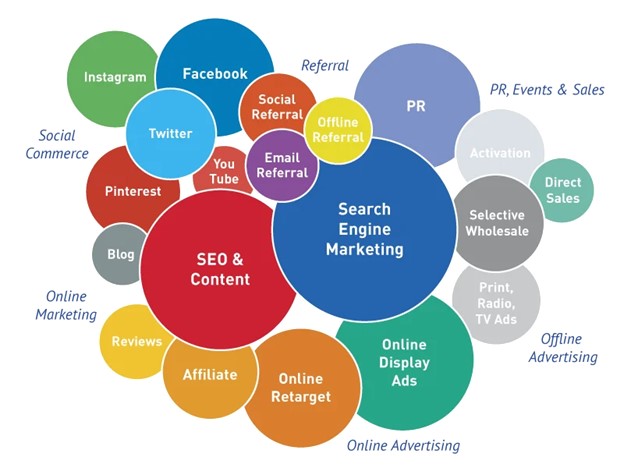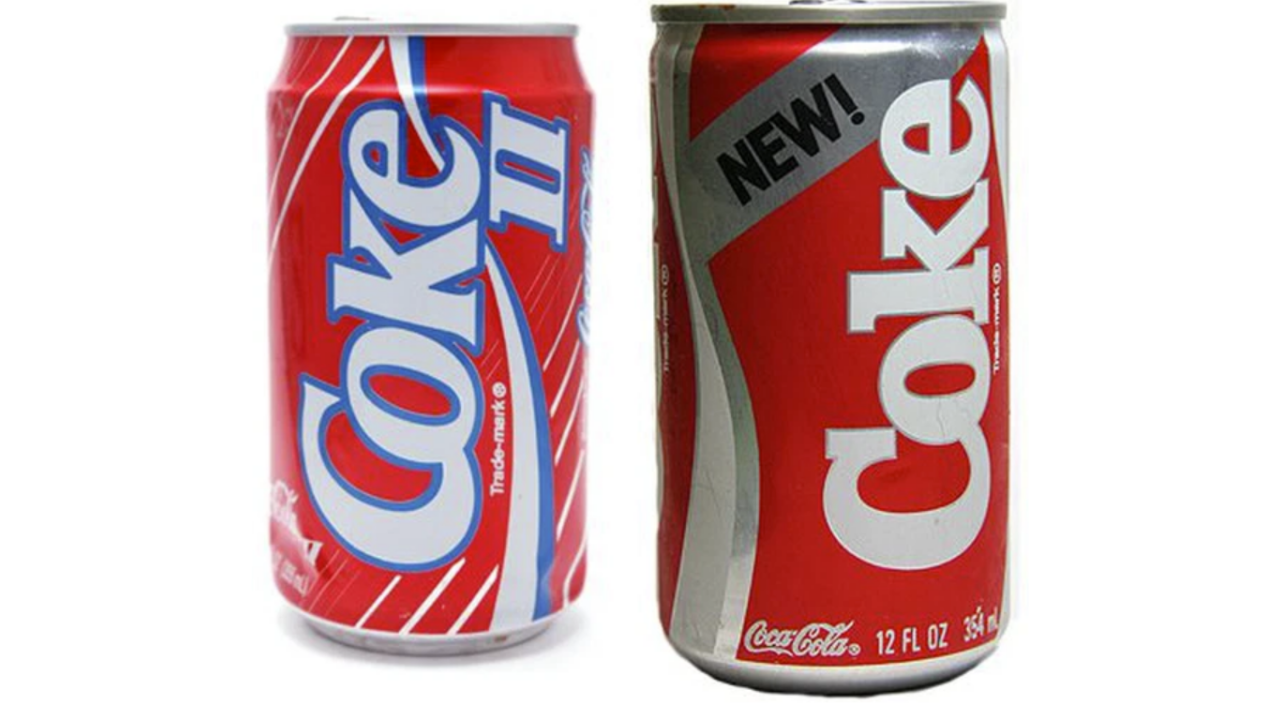Over the past 20 years, brands have become increasingly aware of the importance of content marketing when it comes to promoting their products and services. Social media has only amplified these perceived needs, as it allows content to be quickly shared and spread across the digital ecosystem. It is no wonder that nearly 40 percent of marketers report that content marketing plays a critical role in their overall marketing strategy.
However, what many brands fail to recognize is that the strategies differ in content marketing between B2C and B2B businesses. These two types of companies have to approach their content production and promotion in slightly different ways so that they can adequately engage the right decision-makers and convert their buyers.
When people speak about content marketing, they often use a variety of common B2C strategies, such as going viral, as an example of how to engage the modern consumer. However, these strategies do not have the same impact for B2B brands and can result in lost time and wasted money.
Here is what every B2B company needs to understand about content marketing for businesses like theirs.
How do B2C and B2B content marketing differ?
Remember that at their core, business to consumer and business to business organizations differ– B2C companies focus on selling directly to customers, often through e-commerce and retail-type settings both on and offline. B2B organizations, however, tend to sell to other companies, not an individual.
With a B2B business differences in the selling cycle emerge. The often longer sales cycle of a B2B purchase requires more relationship building and more focus on content that nurtures the client through the buyer’s journey, rather than content that works to make the customer make a purchase right now.
A B2C business also only has to convince one person that a particular purchase is a good idea.
When selling to other businesses, the entire process becomes a bit more drawn out. At a business, there generally are several people who have input regarding whether or not a particular decision is made. These people might also have different priorities. For example, the representative from the financial department will likely be most interested in budgetary information and the product’s long-term value. Other department heads might have concerns about integrations with their existing systems and processes. As a marketer, you need to identify precisely who has the authority to green-light your product or service and focus on gaining their approval.
How do I leverage B2B content marketing?
As customers progress through the buyer’s journey, different types of content is more likely to appeal to them. You need to consider not only what will help the person reading the content see the value of your organization, but you also need to help them convince the decision makers. Here are some ideas for each stage of the buyer’s journey.
Awareness Stage:
At this stage, the customer is still learning about solutions and gathering information. Therefore, informational blog posts on your website, posts and material on social media, and informational videos on YouTube can all benefit customers in this early stage.
Consideration Stage:
Now the customer has begun to transition away from simply gathering information towards actually looking at purchasing options and beginning to weigh their choices. Particularly in the B2B cycle, this can be a long stage, as you need to coax the buyer towards making a decision to buy from you. You will likely employ email marketing, ad retargeting, more social media engagement, webinars, case studies, and other content that helps to present your brand as a unique solution for their problem.
Decision Stage:
Once the customer has gathered and compared, it’s time to make a decision. You can use content such as video product demonstrations on your website and YouTube, personal demonstrations with your sales team, or product trials.
Retention Stage:
Once the customer has made a purchase, you still want to make sure they are happy with what they bought and see your value in solving their problem. Securing recommendations and retaining repeat customers is critical for growth. Personal portals for client videos and information to get the most out of the purchase, podcasts for those using the product, and blog posts aimed at customers leveraging their purchase can all benefit B2B customers.
The marketing strategy for B2B content marketing needs to carefully take into account the buyer’s journey of your customers. If you want to build a strong content marketing strategy for your B2B organization, reach out to us at the Pollock Marketing Group to learn how we can help.









